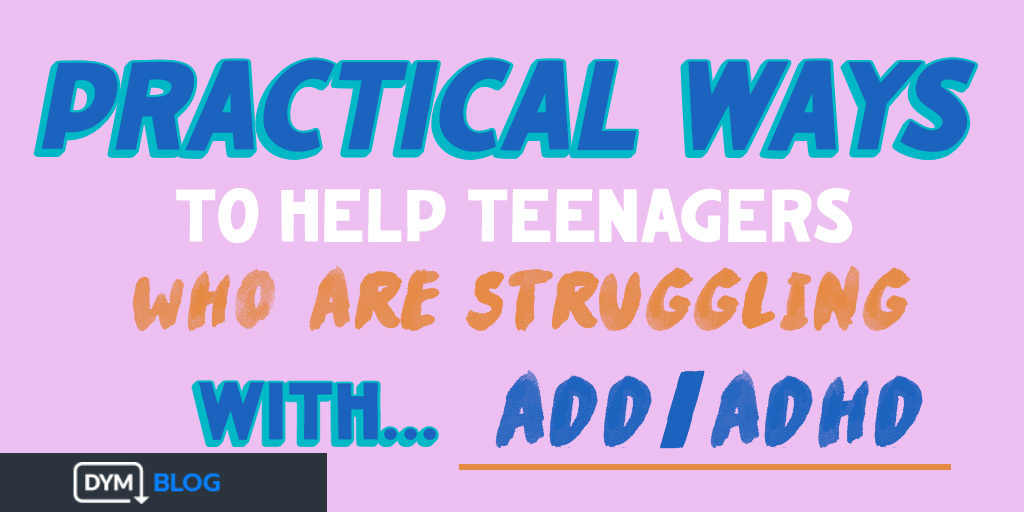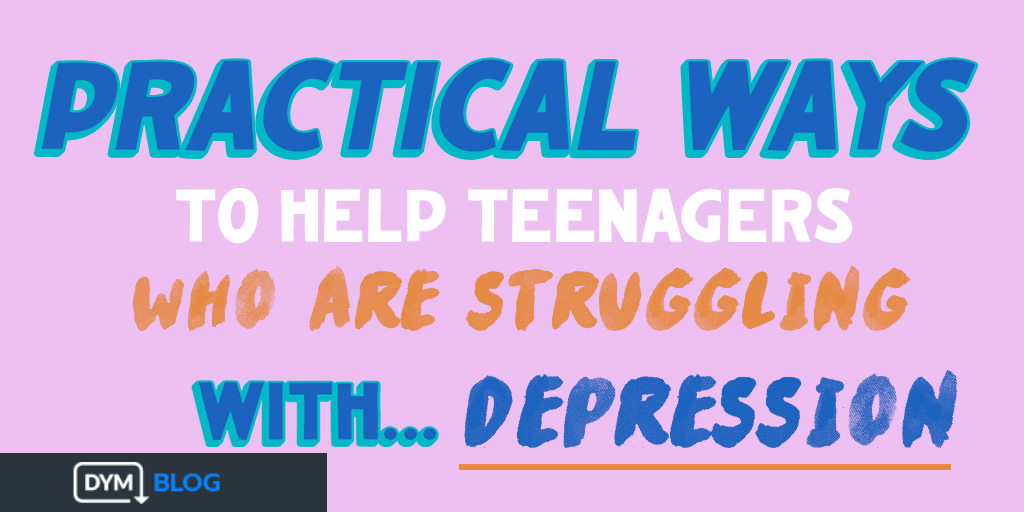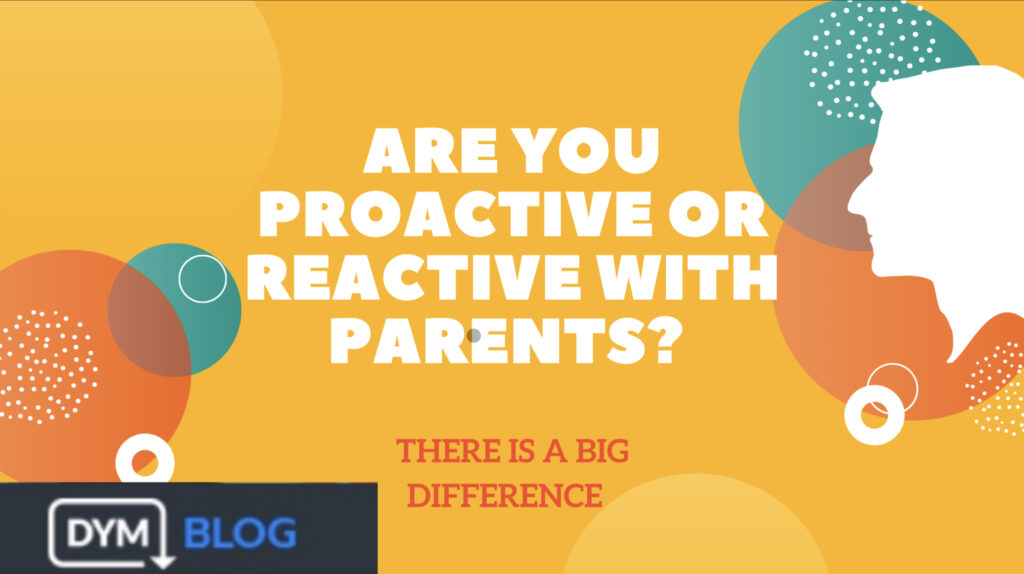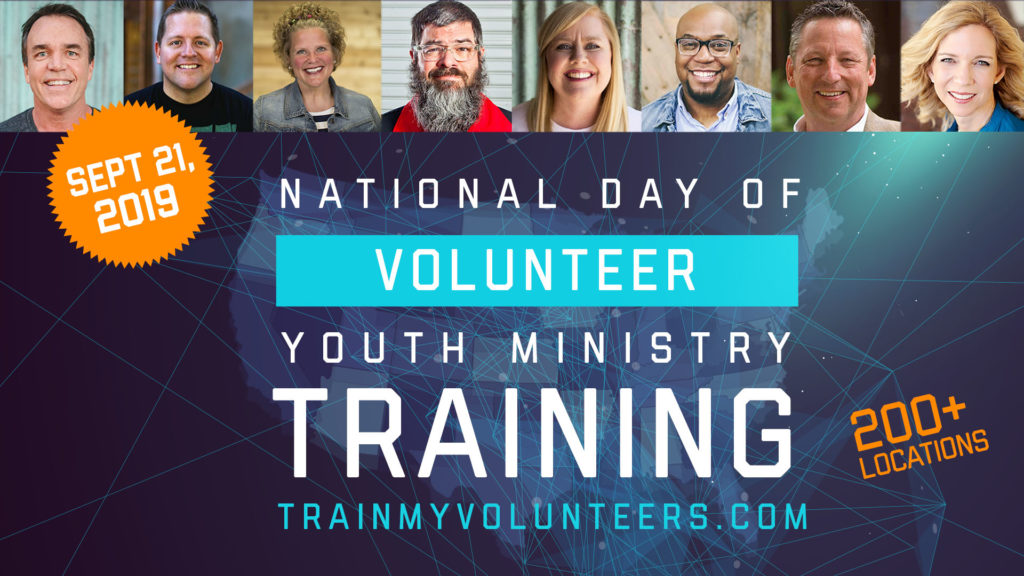Mental Health Series: Practical Ways to Care for Teenagers With…. ADD/ADHD

Continuing in our series, today we are looking at students who struggle with ADD/ADHD.
ADHD makes it difficult for kids to focus on their schoolwork and every day tasks, to pay attention, and sit still. It’s often harder for them to control themselves than other kids their age. ADHD can take form in two kinds of behaviors; inattentive and impulsive.
Impulsive behaviors can include fidgeting, struggling to sit still, constantly talking or interrupting, and being impatient. Inattentive behaviors might look like making careless mistakes, being easily distracted, having a hard time following instruction, and forgetting or losing things often.
Practical Ways to Help Teenagers with ADD/ADHD:
1. Provide Fidget Toys
- Have a box with a mixture of fidget toys available somewhere in your space that students know about.
- Being able to hold/play with a fidget toy can help students focus.
2. Encourage Peer Relationships
- It’s often times harder for students with ADD/ADHD to make and/or keep friends.
- These students can also be more subject to bullying or bully others.
- Encourage extracurricular activities, participation in games, events.
3. Self-Regulation Ideas
- Give time frames for when things are going to begin/end
- Ex: When playing video games before service, give adequate time to let them know it’s going to be time to stop playing.
- Cool-Off Space
- Have a place in your building or facility where a student can go if they need to calm down or take a breath.
- Allow the student to stand or walk in the back of the room during the lesson.
4. Check in with and resource your volunteers
- These students often require some extra grace, see how you can help your volunteers navigate that.
- If the student is a talker, give them the job of reading the small group questions, coming up with an ice breaker question for the group, etc.
Resources:
CHADD – Children and Adults with Attention-Deficit/Hyperactivity Disorder
Want to start conversations about Mental Health in your youth group? Check out a brand new Mental Health series at Download Youth Ministry:
This 4-week series addresses mental health from a physical, mental, and spiritual perspective. Mental illnesses are real and daunting, but even in the middle of it, there can be hope. The first week gives a mental health overview, the second week addresses depression, the third week addresses anxiety, and the fourth week addresses suicide.
For the month of May, 100% of the proceeds for this resource will go to a scholarship fund to help youth workers with a mental health challenge see a counselor. If you are interested in this scholarship, you can fill out the application here.

 Michelle lives in Idaho with her husband where they love to spend time outdoors, go on new adventures, and find the best chicken wings and coffee places. She also possess the ability to kill any plant that comes into their home. She also is the Co-Host of the Middle School Ministry Podcast.
Michelle lives in Idaho with her husband where they love to spend time outdoors, go on new adventures, and find the best chicken wings and coffee places. She also possess the ability to kill any plant that comes into their home. She also is the Co-Host of the Middle School Ministry Podcast. 











